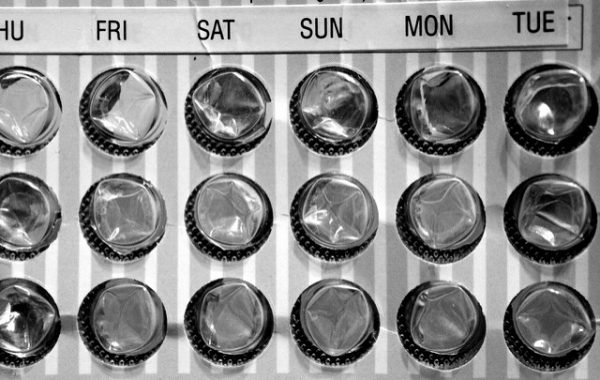
More and more popular media outlets are talking about why purposely stopping your period might be a good thing. Many medical professionals now advocate for menstrual suppression, usually through hormonal treatments that many people are already using. Birth control options like the pill are being used as a way to improve the quality of life for those of us who get periods, but this medical development affects the social meaning of menstruation.
Menstruation is not simply a biological phenomenon. Rather, people experience menstruation within a social context. In a society that often assumes heterosexuality, girls’ first periods mark them as sexual objects, indicating their ability to reproduce, and differentiating them from boys. After their first period, girls report feeling sexualized by others, as well as more ambivalent about their bodies. Menstruation often evokes disgust by both men and women, often becoming a social stigma that must be hidden.
- Janet Lee. 1994. “Menarche and the (Hetero)Sexualization of the Female Body.” Gender & Society 8(3): 343-362.
- Ingrid Johnston-Robledo and Joan C. Chrisler. 2013. “The Menstrual Mark: Menstruation as Social Stigma.” Sex Roles 68(9)
While menstruation is typically discussed as something natural, what counts as menstruation is socially constructed. In the light of new drugs specifically designed to suppress periods, the FDA and companies marketing the products make distinctions between bleeding that occurs while taking hormonal birth control and bleeding that occurs without it. They argue that “pill periods” are not in fact “real” periods because they are artificially modified and therefore unnecessary. This redefinition demonstrates how bodily processes, like menstruation, can be redefined and reimagined, and how the way they are experienced is influenced by social context.
- Katie Ann Hasson. 2016. “Not a ‘Real’ Period? Social and Material Constructions of Menstruation.” Gender & Society 30(6):958-983

Comments